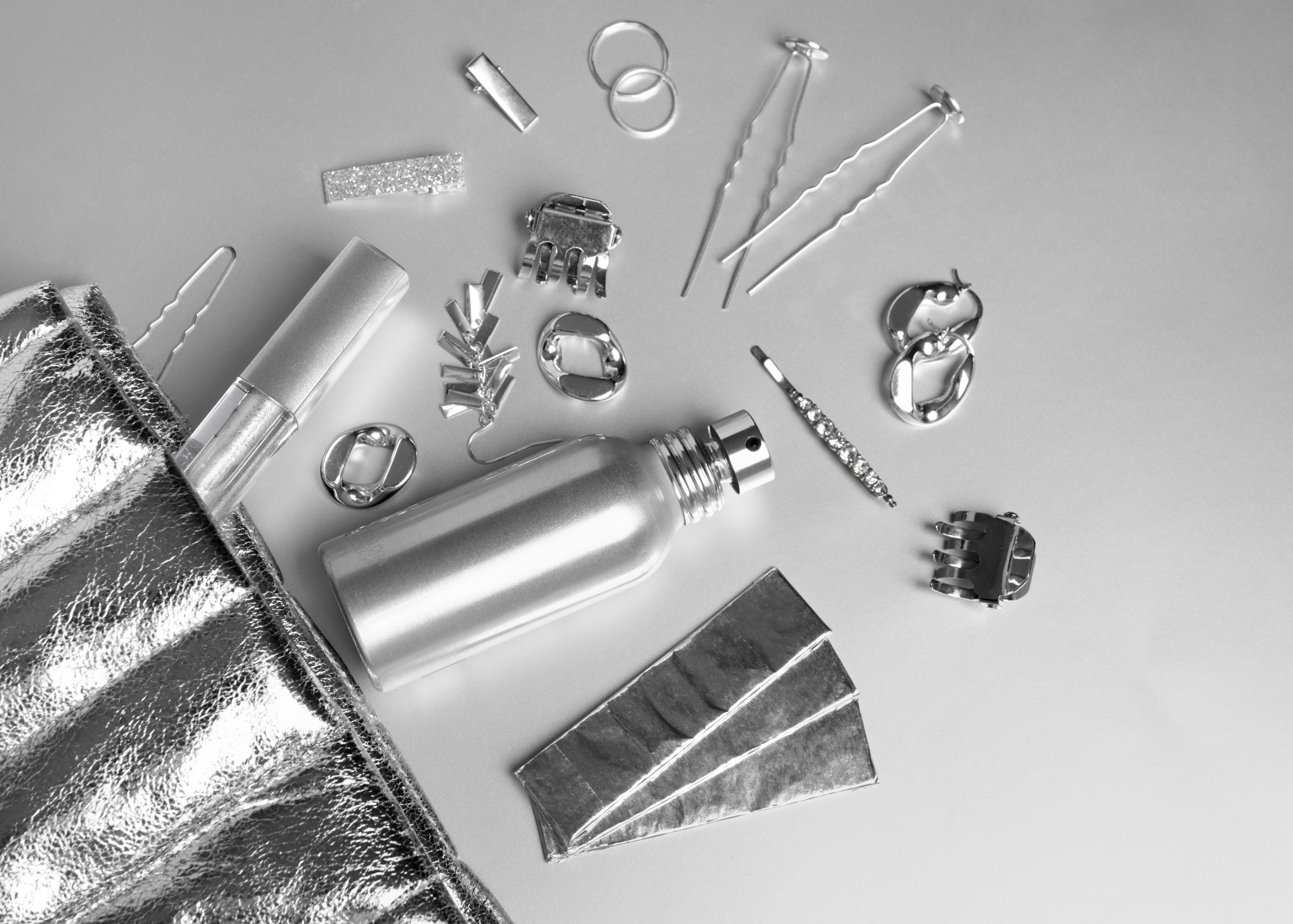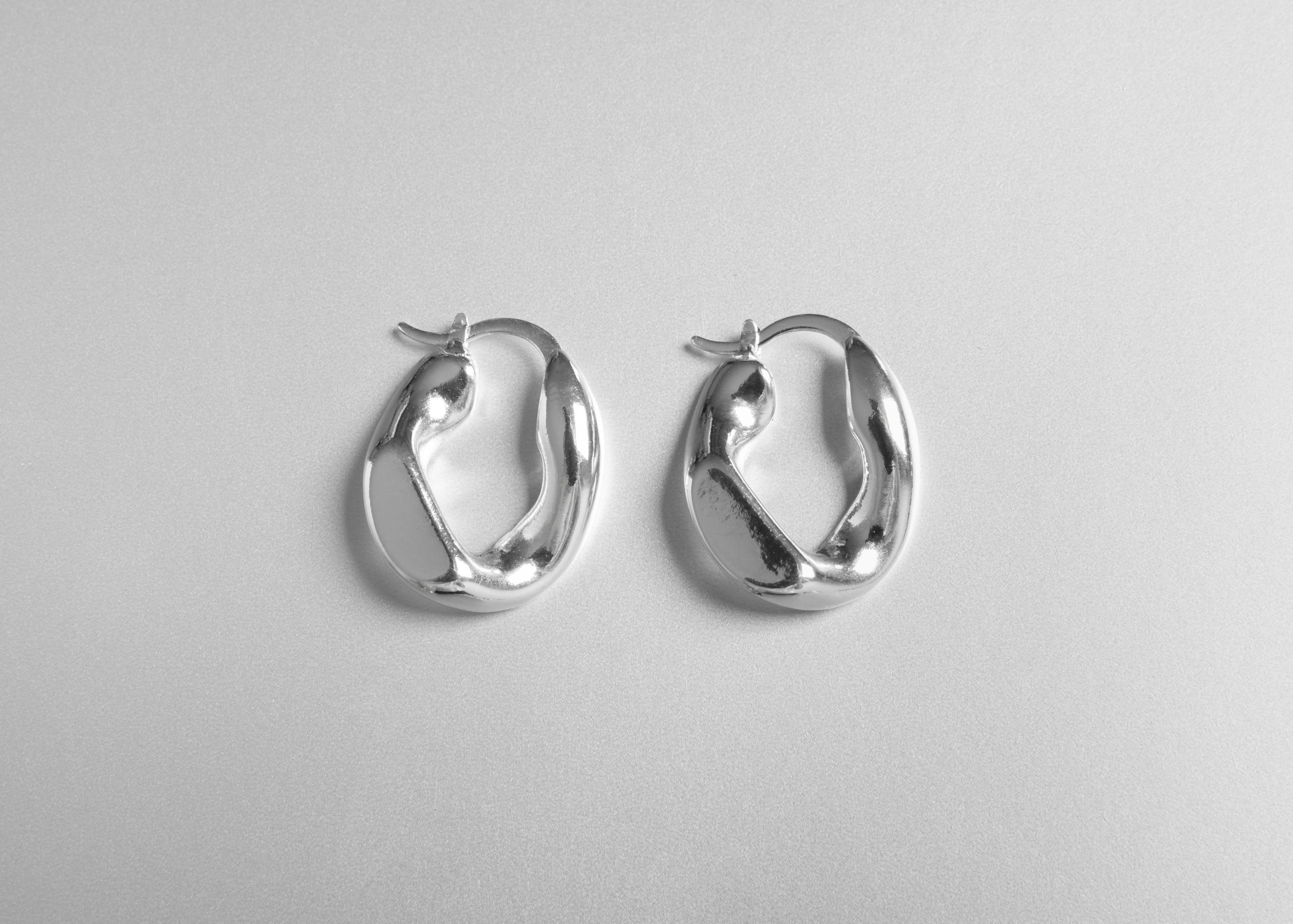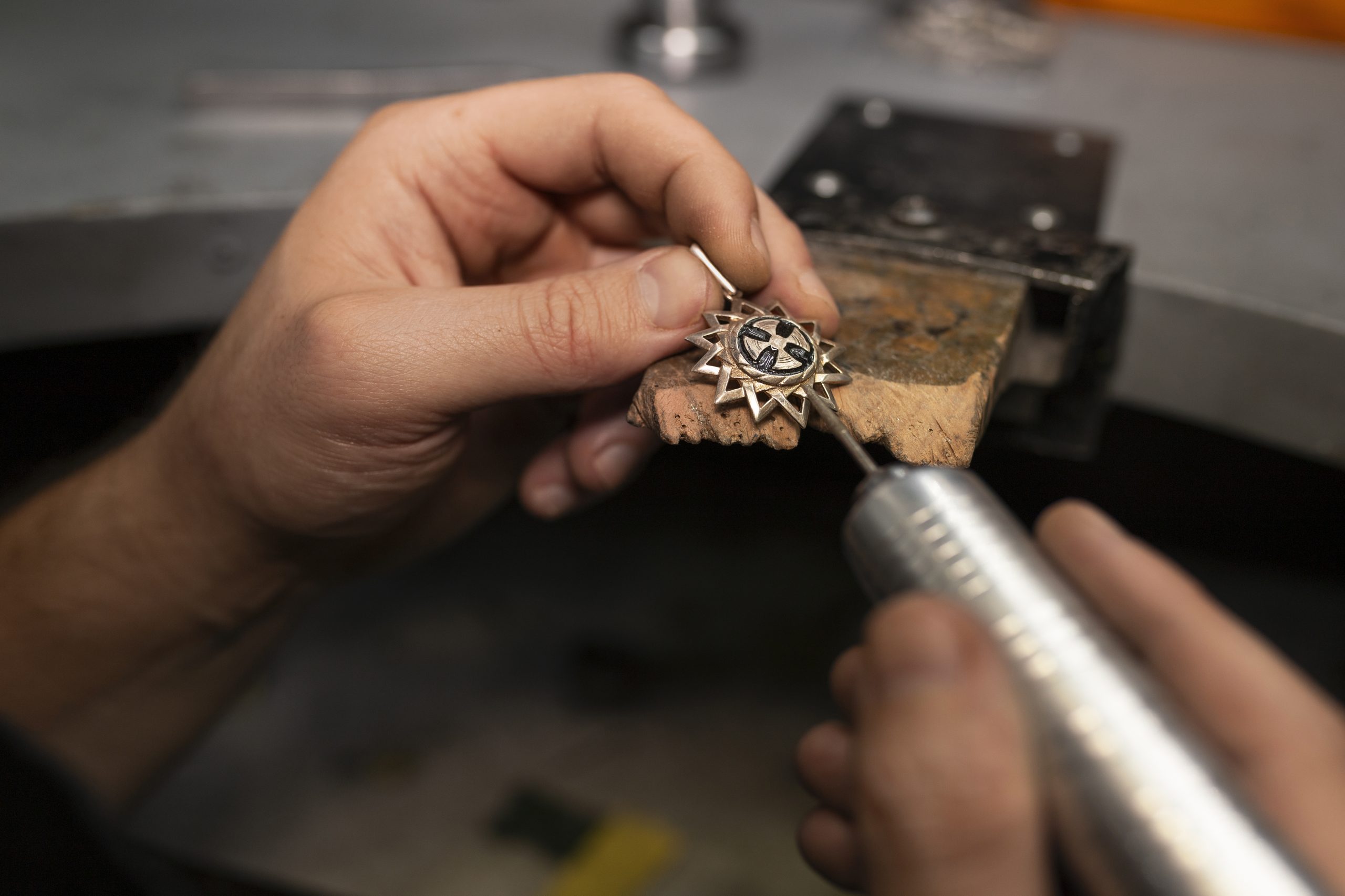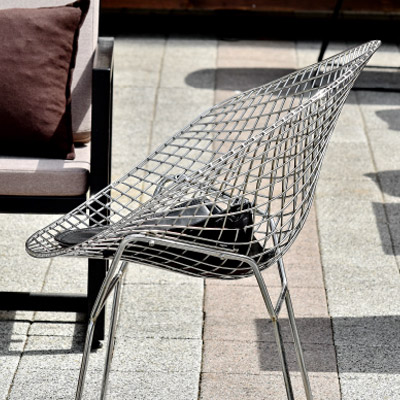Is Stainless Steel Hypoallergenic? Everything You Need to Know
September 15, 2025
When choosing materials for jewellery, kitchenware, or even medical use, safety always comes first. With growing concerns about metal allergies, it is important to understand how stainless steel interacts with your skin. Stainless steel is widely trusted and known for its durability, hygiene, and versatility. Whether the stainless steel is hypoallergenic or not depends on the stainless steel and nickel content in it. Now, let’s take a closer look at it.

What Does Hypoallergenic Mean?
The word hypoallergenic means less likely to cause an allergic reaction. It does not guarantee that a product is allergy-proof, but it significantly reduces the chances of irritation.
When it comes to metals, the most common triggers are:
- Nickel is the leading cause of metal-related skin allergies
- Cobalt is present in the cheaper alloys
- Chromium is usually safe in stainless steel, but in rare cases, it can cause irritation
Since stainless steel can contain small amounts of these elements, its safety depends on the exact composition and grade chosen. But the next question is, how safe is it really for the skin?

Is Stainless Steel Hypoallergenic?
For many people, the answer is yes. Stainless steel is considered hypoallergenic, though the level of safety depends on the grade.
- 304 stainless steel is common in cookware and jewellery. It contains some nickel, but in amounts that are generally safe.
- 316L stainless steel (also known as surgical stainless steel) is especially trusted for sensitive skin. With its very low nickel release, it’s widely used for implants, body piercings, and surgical instruments.
- Nickel-free stainless steel is available for people with extreme sensitivities, offering an extra level of safety.
While stainless steel is generally skin-friendly overall, the grade and composition make a significant difference. Let’s understand what factors affect stainless steel.
Factors That Affect Stainless Steel’s Hypoallergenic Properties
- Nickel Release: What matters is how much nickel is in the alloy, and even how much is released during contact. Standards like EN1811 test for this.
- Grade of Stainless Steel: Surgical and implant grades such as 316LVM are refined to reduce impurities, making them highly biocompatible.
- Surface Finish: A smooth, polished surface reduces the risk of nickel release, while rough or worn finishes may increase it.
- Skin Sensitivity: Everyone’s body is different. Most people experience no issues, but those with severe nickel allergies may still react.
Applications Where Hypoallergenic Stainless Steel is Used
- Jewellery and body piercings: Earrings, rings, and studs made from surgical stainless steel are popular because they rarely cause irritation.
- Watches and accessories: Durable and comfortable, stainless steel is ideal for items worn directly on the skin for long hours.
- Cookware and utensils: Non-reactive and hygienic, stainless steel is safe for cooking and food storage, too.
- Medical devices and implants: From scalpels to orthopaedic implants, stainless steel’s hypoallergenic nature makes it indispensable in healthcare.

How to Choose Hypoallergenic Stainless Steel Products
Check the grade
If you are buying jewellery, watches, or medical products, look for 316L stainless steel or products labelled surgical stainless. These grades have a very low nickel release and are widely recommended for use in skin contact situations. For cookware and utensils, 304 stainless steel is a safe and durable choice for daily use.
Look for certifications
High-quality hypoallergenic stainless steel products comply with international standards. Certifications like ASTM F138 (for implant-grade stainless steel) or ISO 10993 (for biocompatibility) indicate that the material has been tested for safety in long-term contact with the human body.
Examine the Finish
The smoother the finish, the safer it is for your skin. Highly polished stainless steel not only looks elegant but also reduces the chances of nickel release. On the other hand, rough, scratched, or poor-quality finishes may irritate sensitive skin over time.
Buy from a trusted brand
With stainless steel, quality matters. Well-known manufacturers follow strict quality checks and use tested alloys, ensuring you get a safe, reliable product. Cheaper, unbranded options may look similar but can contain higher nickel levels or lower-grade alloys that cause irritation.
Match the products to their use
For everyday jewellery or body piercings, stick to surgical-grade stainless steel (316L). For cookware and utensils, 304 or 18/10 stainless steel is ideal. For medical or professional use, always go for certified implant-grade stainless steel.

Stainless Steel, Gentle Yet Strong
Caring for sensitive skin doesn’t mean compromising on durability or style. The right grade of stainless steel can give you safety and strength. From the jewellery you wear every day to the utensils in your kitchen and even life-saving medical tools, stainless steel proves to be a material you can trust. Choosing it means choosing comfort, reliability, and peace of mind for the long run.





